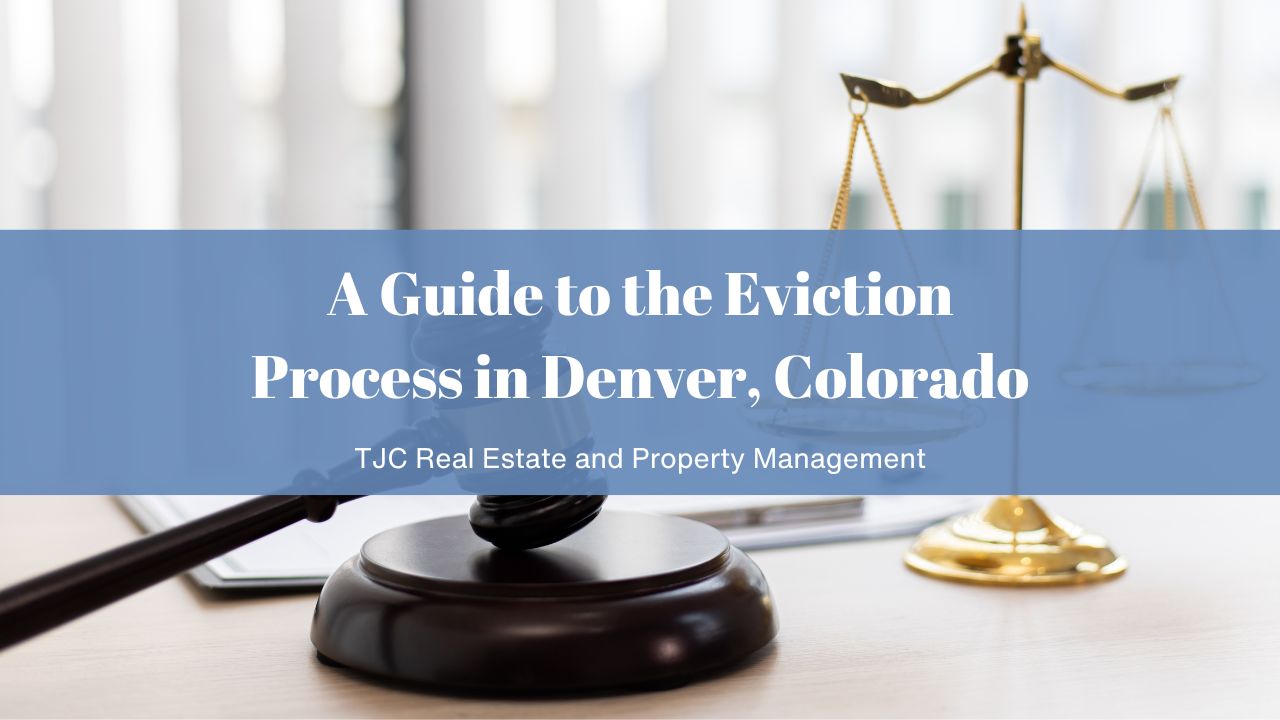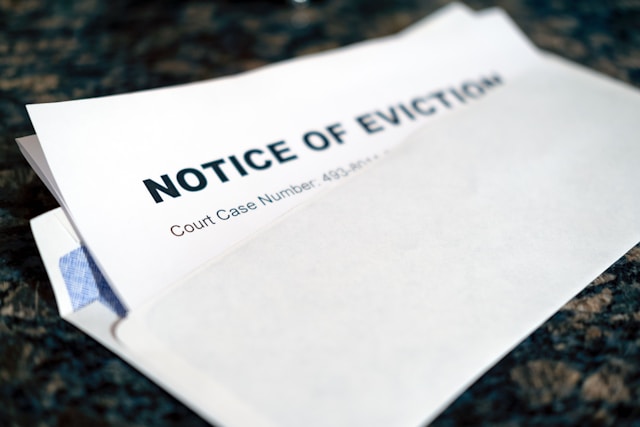
There may come a time when you have no choice but to evict your tenant. To be successful ad legally compliant, you must abide by the tenant eviction laws.
To obtain a court order, you must have a legitimate reason and follow the judicial process. The following is everything landlords need to know about the formal eviction process in Colorado.
As already mentioned, a tenant eviction process begins with having a legitimate reason. Landlords can only begin a tenant eviction process in Colorado if the tenant:
Next, landlords must serve the tenant with the right notice. The written notice can be curable or incurable depending on the kind of violation. If the notice is curable, the tenant can either fix the violation or move out. This they must do within the notice period.
However, for incurable notices, the tenant will only have one option: vacate the premises. The following are the eviction notices a Colorado landlord can serve a tenant to evict them:

Under Colorado landlord-tenant law, landlords must use the proper delivery method when serving a tenant with a notice.

The following are the acceptable methods of delivery when it comes to notices in Colorado:
After a landlord has successfully delivered the notice to the tenant, under Colorado eviction laws, it’ll be upon them to either fix the violation (if curable) or move out. If the tenant doesn’t take either option, the landlord can move to the appropriate court and file an eviction lawsuit.
Upon successful filing of the eviction lawsuit, you’ll be issued with a copy of the summons and complaint. This will need to be served to the tenant by a process server. Note that in Colorado, renters have the right to file an answer before an eviction hearing.
If the tenant does file an answer, the following are some of the defenses they can give to stop or delay their eviction:

Any of these defenses can either stop or delay an eviction. In some cases, a landlord may have to restart the process. In other cases, however, the process will stop altogether. To protect yourself, make sure to keep diligent records of the violations committed and all notices served to the tenants.
The landlord may be able to reclaim the ownership of your rental unit in either of two ways. One, if the tenant fails to show up for the hearing. Or two, if the court rules in your favor during the hearing.
Either way, a residential landlord will need to obtain a writ of restitution. In Colorado, the court must issue it within 48 hours after successful judgment. After obtaining it, you’ll need to serve it to the sheriff for action even if it means forcefully throwing out the tenant.
Property owners need to follow everything to the letter for successful tenant eviction. Missing a step or engaging in any unlawful action will render the Colorado eviction process null and void.
For expert help in all landlord-tenant matters in the greater Denver area, don’t hesitate to contact TJC Real Estate and Management. We take pride in providing landlords with a personalized approach to property management and innovative strategies. Reach out now for more information about our professional services!
Disclaimer: Please note that the information provided in this blog is intended for general guidance and should not be considered as a replacement for professional legal advice. It is important to be aware that laws pertaining to property management may change, rendering this information outdated by the time you read it.
© 2025 TJC Real Estate. All rights reserved. Privacy Policy | Terms of Use | Portable Tenant Screening & Disclosure | Website by Distill